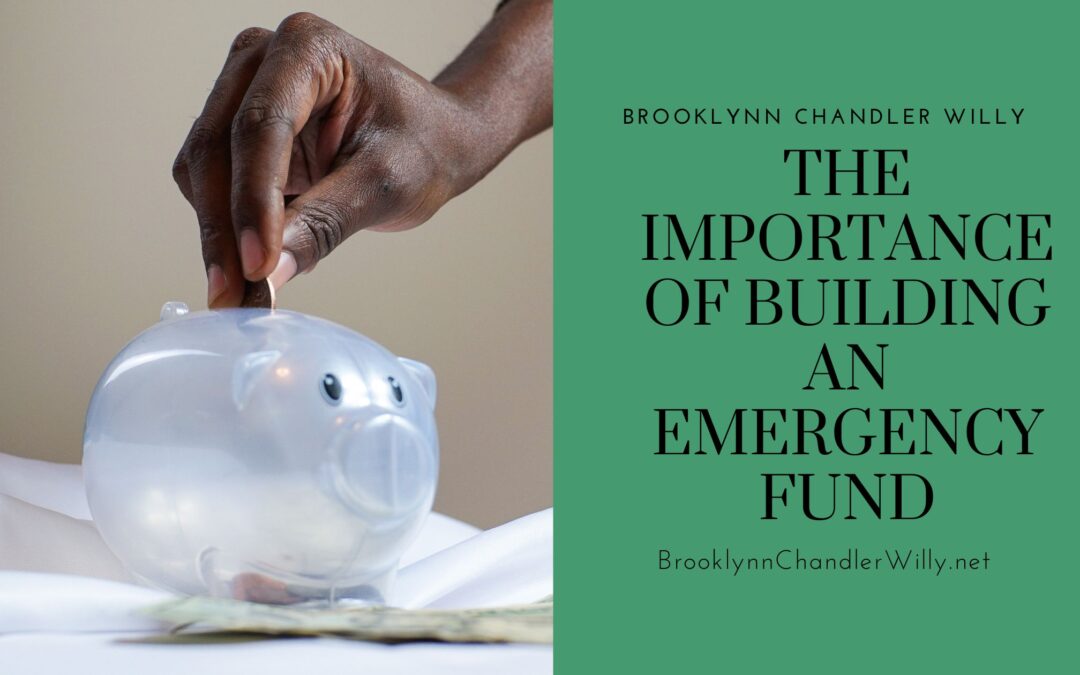Unexpected expenses can arise anytime, whether it’s a medical emergency, a car repair, or a job loss. Without an emergency fund, these unexpected expenses can significantly strain your finances and cause you to accumulate debt.
That’s why building an emergency fund is crucial for someone who wants to achieve financial stability. Here are some reasons why building an emergency fund is so important:
Provides a Safety Net
An emergency fund provides a safety net to help weather unexpected expenses or emergencies. Without an emergency fund, you may rely more on credit cards or loans to cover unexpected bills, which can lead to a cycle of debt.
Emergency funds can provide peace of mind. Having an emergency fund lets you know that you have a financial cushion in case something unexpected happens.
Helps You Avoid Debt
If you do not have an emergency fund, you may be more inclined to rely on credit cards or personal loans to cover unexpected expenses. This can quickly lead to high levels of debt, which can take time to repay.
An emergency fund is essential to help you avoid debt by providing the funds you need to cover unexpected expenses without relying on credit.
Helping You Stay on Track with Your Financial Goals
Unexpected expenses can quickly derail your financial goals. With an emergency fund to help with unforeseen costs, you’ll be better able to stay on track with your financial goal. These financial goals include paying off debt, saving for a down payment on a house, or investing for retirement. Having an emergency fund lets you stay on track with your financial goals even when unexpected expenses arise.
Provides Flexibility
Having an emergency fund provides flexibility in your finances. It can allow you to decide based on what’s best for you and your family rather than being forced to choose based on financial constraints.
For example, if you have an emergency fund, you can take a lower-paying job you enjoy more rather than being forced to take a higher-paying job you don’t like because you need the money.
Helps You Avoid Stress
Mental and physical health can be greatly affected by financial stress. By having an emergency fund, you can avoid the stress of unexpected expenses and economic uncertainty.
Tips for Building an Emergency Fund
Building an emergency fund takes time and effort but is worth it in the long run:
Set a Savings Goal
Setting a savings goal is the first step to building an emergency fund. A general rule of thumb is to save about three to six months of living expenses in your emergency fund.
Create a Budget
Creating a budget is essential for building an emergency fund because it helps find areas you can cut back on or free up money to save.
Automate Your Savings
Automating your savings can make it easier to build an emergency fund. Set up automatic monthly transfers from your checking account to your savings account.
Prioritize Your Emergency Fund
Make building your emergency fund a priority. Treat it like any other bill and contribute to it each month.
Avoid Temptation
It can be tempting to dip into your emergency fund for non-emergencies. However, it’s essential to keep your emergency fund separate from your other accounts and avoid using it for anything other than true emergencies.

